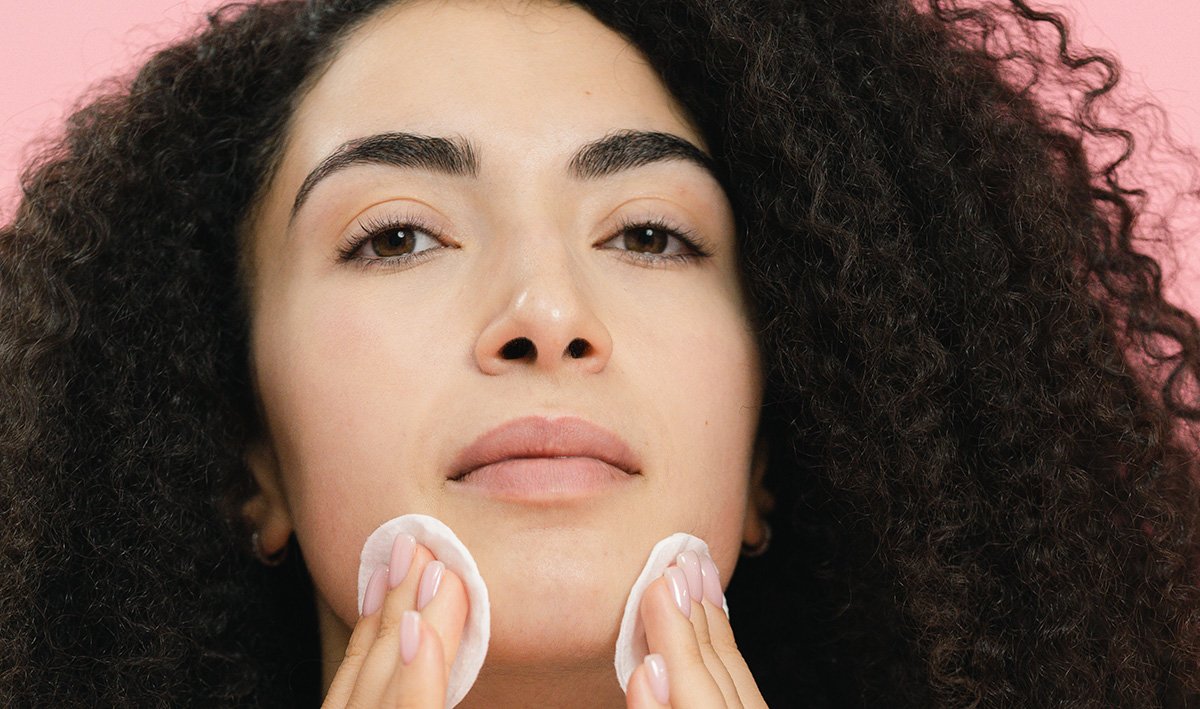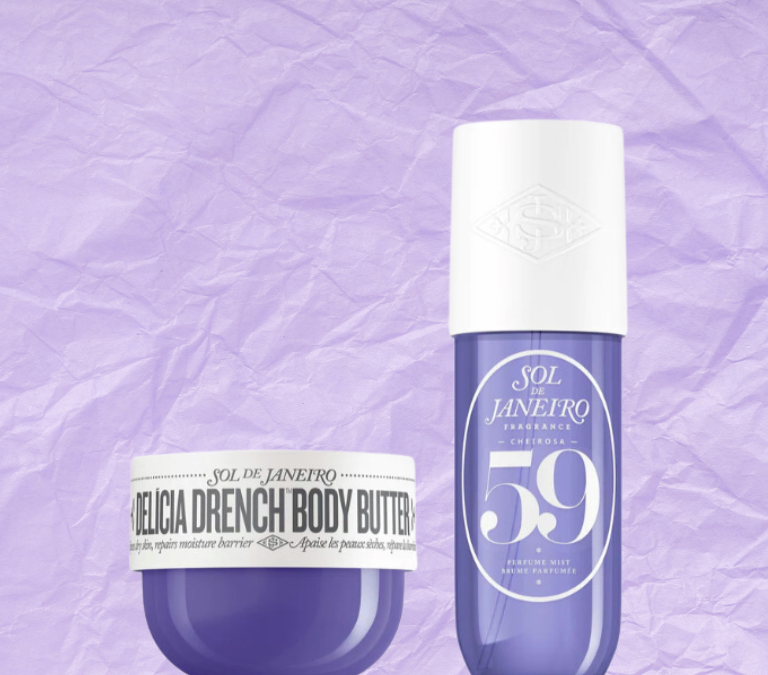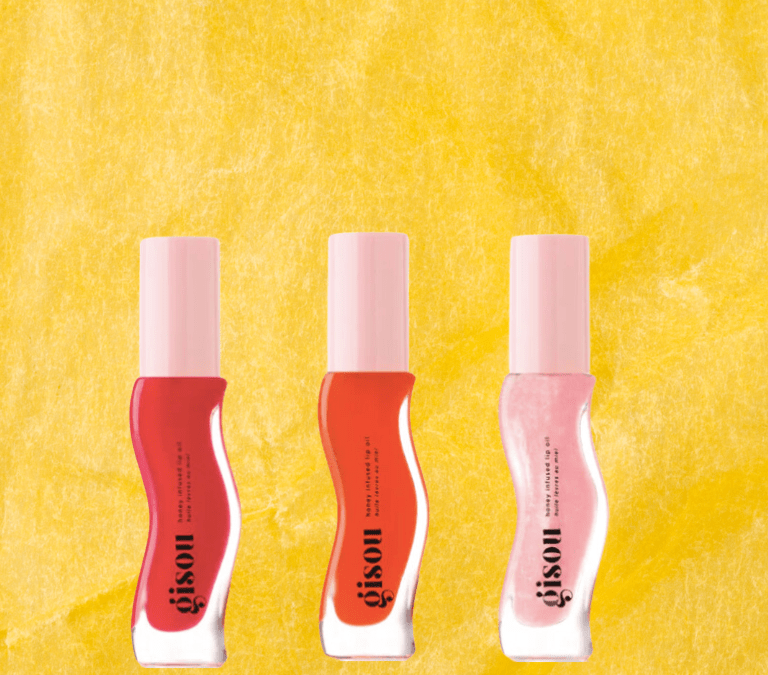
Antioxidants, from vitamin C to green tea extract, are known to be essential ingredients in preventing skin damage caused by free radicals. But what exactly are antioxidants? How do they work? Which ones are worth incorporating into your skincare routine?
[SEE ALSO: How Darker Skin Tones Can Use Retinoids Safely In The Summer]
We hear “antioxidants” (AOX) a lot in the beauty and food industries, and, while people know they’re good for you, they don’t always understand what they are. Let’s explore!
What are Antioxidants?
Antioxidants are ingredients that can prevent damage caused by free radicals, which can come from anywhere. They even play an important part in our own natural cell functions. But in the context of skin, free radicals are highly reactive molecules generated by sun exposure, ultraviolet radiation, cigarette smoke, stress, and so on.
How Do Antioxidants Work?
Free radicals are unstable molecules that can cause damage to skin cells and their components. (Remember the nuclei, mitochondria, and cell membrane from high school science class?) They try to find a missing electron to become stable but end up causing chaos and damaging skin cells. Antioxidants are the only way to stop them. When a free radical finds an antioxidant, it becomes stable and doesn’t cause any more damage to the skin.
Best Antioxidants for Your Skin
Our skin has its own natural antioxidants: CoQ10, glutathione peroxidase, superoxide dismutase, vitamin E, uric acid, carotenoids, melanin, and vitamin C. Sound familiar? That’s right—you can find all of these in skincare, too.
Vitamin C: Skincare’s Gold Standard Antioxidant: L-ascorbic acid, or L-AA (pure vitamin C) is the gold standard skincare antioxidant. It’s also one of the rare few that has been proven to work topically. Besides being an antioxidant that helps with age prevention, vitamin C is a fantastic skin-brightening ingredient. Vitamin C has also shown to help treat melasma and hyperpigmentation, either alone or together with other brightening actives.
Antioxidants comprise a trendy skincare category that often gets inspiration from what’s popular in food. This results in skincare products that include all sorts of plant ingredients, from blueberries to exotic botanicals. Remember that our go-to recommendation in this category is L-AA, but here are some other alternatives:
Resveratrol
This is an antioxidant found in grapes. A lot of brands will claim to have it as an ingredient but don’t use enough of it to have any real effect on the skin. Look for products that have a concentration of around 0.5%.
Lipoic acid
In a clinical study, lipoic acid at 5% can effectively reduce signs of photoaging. When looking for a product choose the one that has lipoic acid listed as one of the first five ingredients in the product’s ingredient list.
CoQ10
It is an important part of your skin’s natural defense system against outside aggressors. Look for products that have 0.5% CoQ10, ideally in combination with vitamin E.
Plant extracts
Plant extracts like green tea extract or centella asiatica are highly effective antioxidants that are commonly found in skincare products. Plant extracts usually contain a high concentration of polyphenols, a type of antioxidant, which help to protect the skin from free radicals and prevent premature aging.
Do you use antioxidants in your skincare routine? Let us know in the comments!



